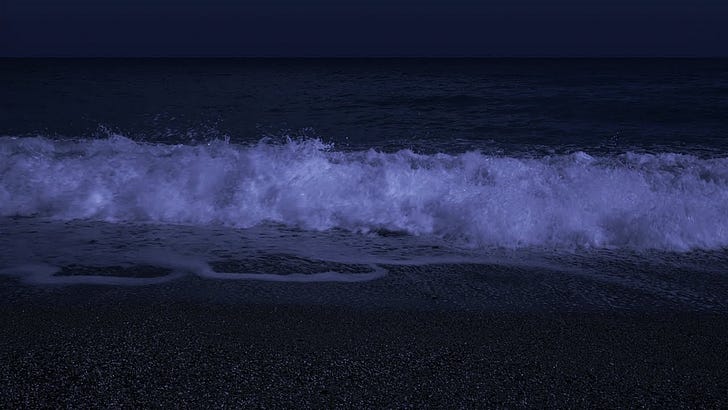Rebuilding a Reef Through Sound
As far as I’m concerned, a good 90% of what’s associated with going to the beach — the sand everywhere, the jellyfish stings, the seaweed twisting around your legs, the sunburns, did I mention the sand everywhere? — these are not the stuff of a delightful vacation, but they are all almost made up for by listening to the sound of the waves at night.
I know I’m not alone in feeling this way about the sound of the ocean, and I just wanted to cut in mid-week to share a bit of news I read that I found fascinating: fish, too, love the sound of the ocean.
I guess that shouldn’t surprise me.
Nor should it surprise me that they particularly love the sound of a healthy ocean. There’s mounting evidence that this love of the sound of a healthy coral reef, for instance, can be used to lure fish back to dead coral reefs, where they will start to re-populate the reef and actually begin to make it healthy again, in a kind of auditory positive feedback loop.
Maybe it’s a bit like how, in a bustling city around dinner time (pre-COVID, at any rate), you might hesitate to walk into a restaurant with no customers. Fish are the same way — there are “highways of sound” that point them to the productive, happy societies, the best bets for settling down.
I’m not generally a “fake it till you make it” kind of woman, but if playing the sound of happily thriving ocean life can produce a real live coral reef, then play on, scientists, play on.



